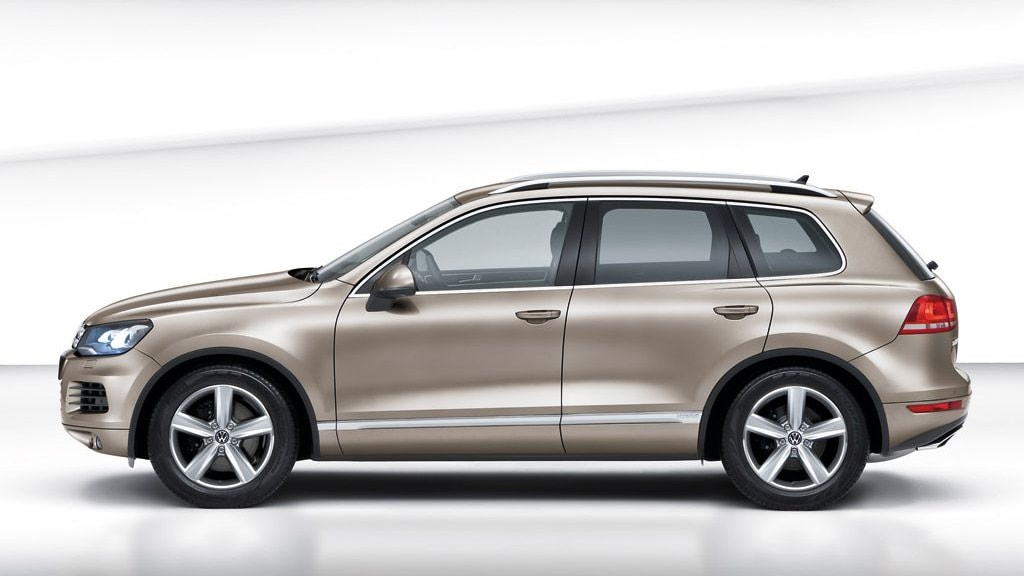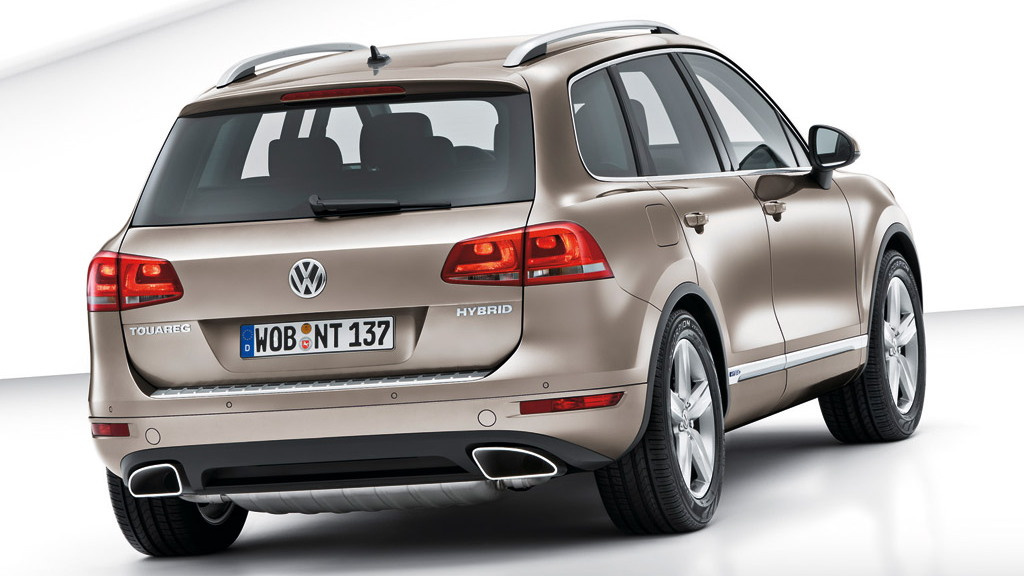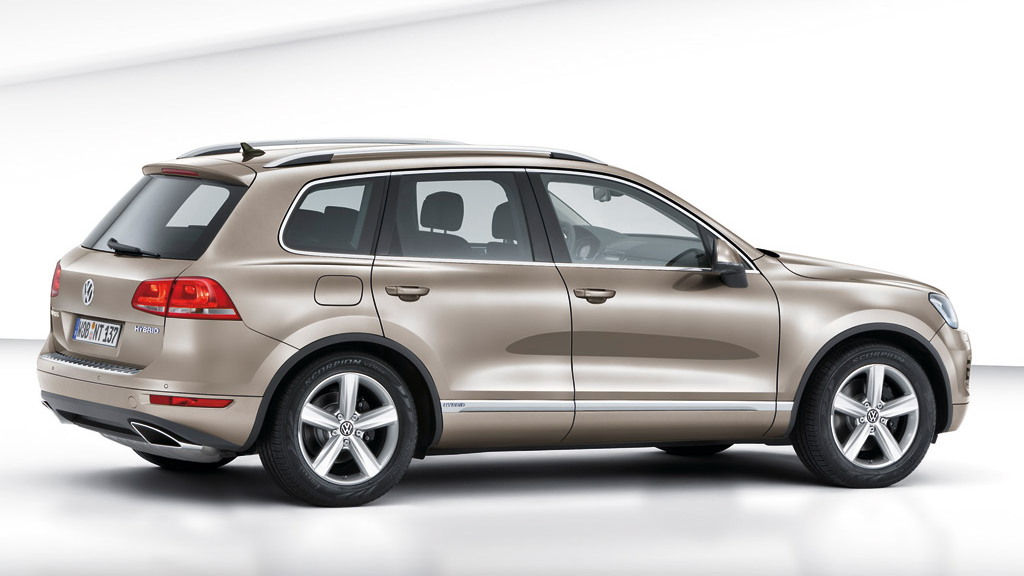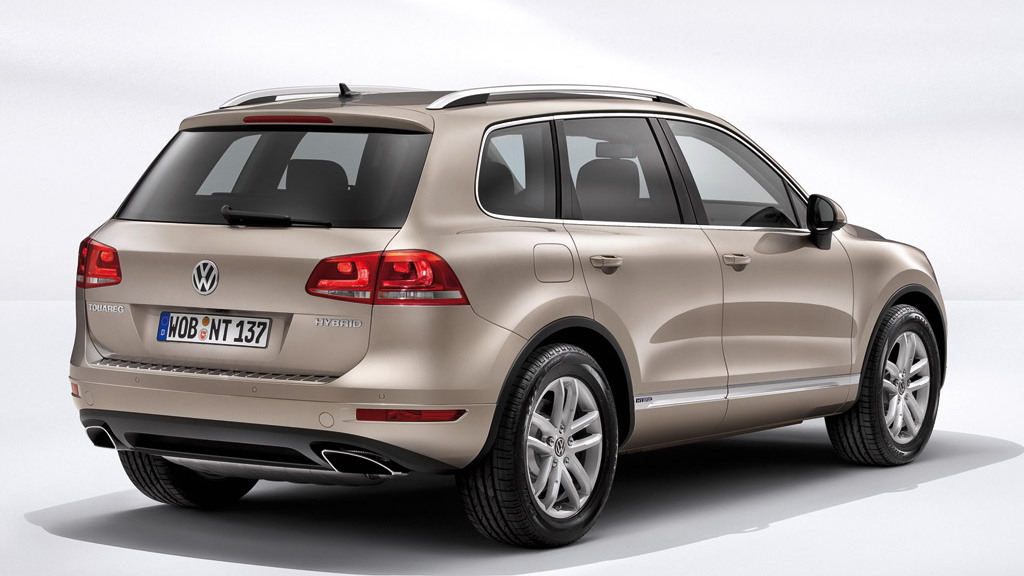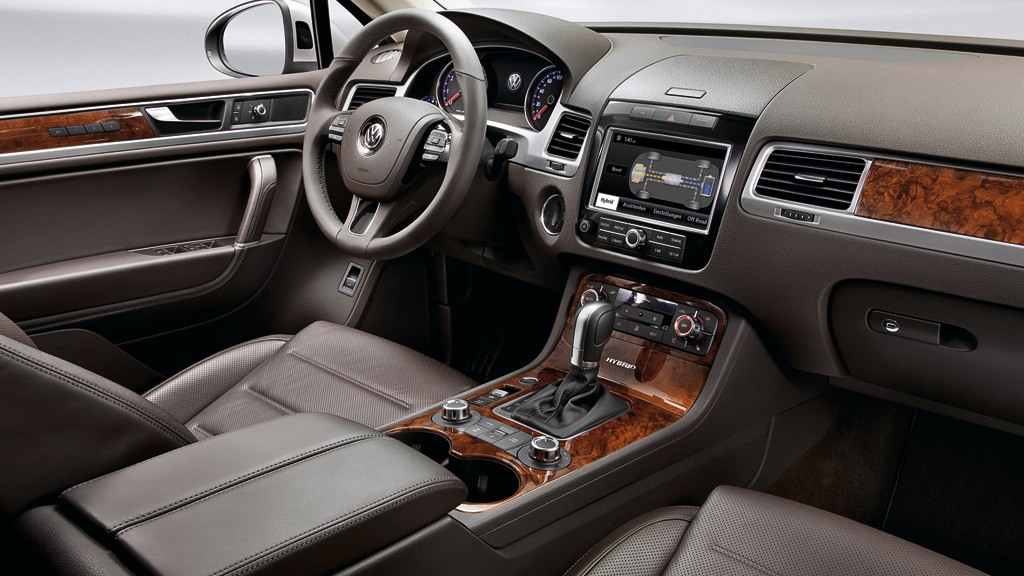Maybe it's just the translation. But auto writers often chuckle at announcements from German manufacturers that come across as just a touch bombastic.
Latest case in point: Volkswagen's long-term plans for vehicle electrification, released at the Geneva Motor Show this week. Key excerpt: "High-volume Golf and Jetta models ... are expected to dominate the hybrid and electric vehicle market."
Which may be news to a few other carmakers.

2009 Volkswagen E-up! Concept at the 2009 Frankfurt auto show

2009 Volkswagen E-up! Concept at the 2009 Frankfurt auto show

2009 Volkswagen E-Up! Concept

2009 Volkswagen E-up! Concept at the 2009 Frankfurt auto show

2009 Volkswagen E-up! Concept at the 2009 Frankfurt auto show
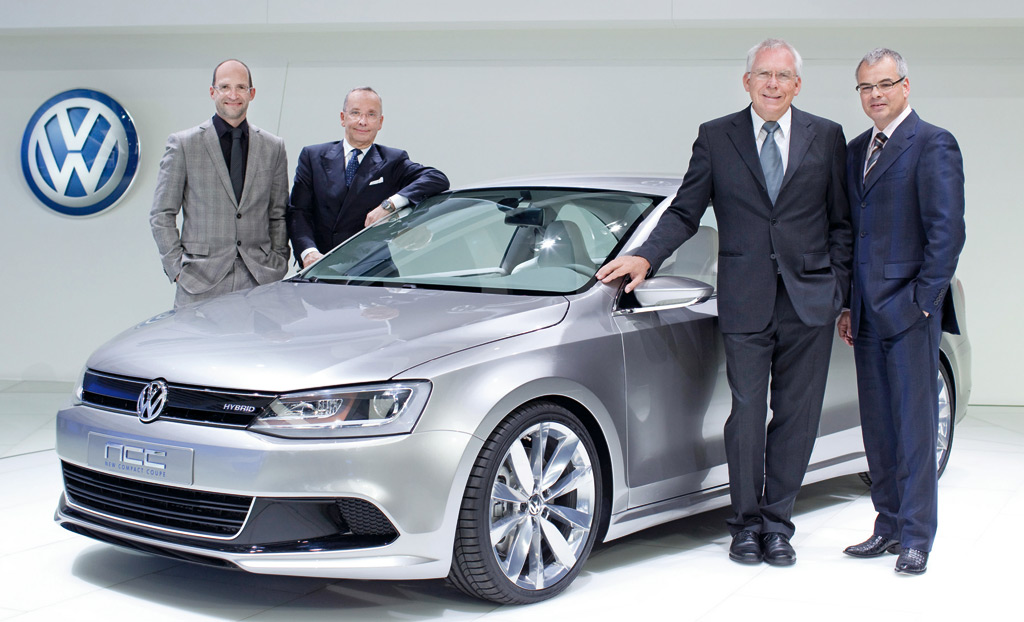
2010 Volkswagen New Compact Coupe Concept (2011 Volkswagen Jetta Coupe)
EVs for everyone
It's clear that VW Group is pushing aggressively into hybrid and electric cars. It unveiled the new 2011 Porsche Cayenne Hybrid and 2012 Volkswagen Touareg Hybrid at Geneva. And its Audi brand is soon expected to show a 2012 Q5 Hybrid as well.
The Touareg announcement says Volkswagen will be "the automaker who will take the hybrid out of its niche with volume models," as well as the first one "to launch a mass-produced electric car for everyone."
Car and Driver feels that's "a clear jab at Nissan, whose upcoming Leaf will only be distributed to select customers." But we note VW seems to have ignored another Japanese manufacturer, the one that has built well more than half of all the hybrids on the planet to date.
That would be, ummmmmmm ... Toyota.
Hybrid rollouts to come
VW also confirmed that the 2013 Volkswagen Jetta Hybrid will launch in the U.S. in August 2012, to be followed by the Passat Hybrid in August 2013, and then the Golf Hybrid in October 2013.
The hybrid system for the all-new Jetta was previewed at January's Detroit Auto Show in VW's New Compact Coupe concept car. It mates a 150-horsepower 1.4-liter TSI four-cylinder engineâwith direct injection and intercoolingâto a 20-kilowatt electric motor.
Driving through a seven-speed Direct Shift Gearbox (DSG), the motor mostly largely supplements the engine output. VW says it can also run in all-electric mode when coasting or cruising at low loads. Energy is stored in a 1.1-kilowatt-hour lithium-ion battery pack.
Pure electrics too
In pure electric vehicles, next year VW will start consumer tests of 500 electric Golf hatchbacks in Europe, North America, and China. By 2013, it will launch the E-Up, an electric version of its forthcoming Up mini-car.
The E-Golf follows shortly thereafter, and then the E-Jetta. And VW will electrify other models in due course, using its modular component set--which, it has already announced, it will manufacture itself.
Goal: "market leader"
VW's strategy of using modular hybrid and electric component sets--which it has already announced it will manufacture itself--across multiple platforms should, over time, give it the economies of scale to make these expensive technologies profitable.
But it's the time it takes that some industry observers wonder about. Volkswagen's business goals seem aggressive: By 2018, around the time VW expects to surpass Toyota as the world's biggest carmaker, its goal is "to become the market leader in E-mobility."
It will also be "the leader in CO2-neutral mobility." VW chairman Martin Winterkorn explains, "We want to attain an electric vehicle market share of 3 percent within our entire range of products."
Pure EVs, or hybrids too?
If he's referring to pure battery electric vehicles, that's pretty ambitious. Most industry analysts believe that pure electric vehicles will make up roughly 1 percent of global sales by 2015, or less than 1 million units out of 70 million. Hybrids may make up 4 to 6 percent.
The pure-EV share is expected to climb to 3 to 5 percent by 2020, though, so essentially VW is saying that it will have caught up to the industry average within 8 years. Will that make it "a market leader"? Not if Toyota has anything to say about it.
Or perhaps Winterkorn is saying that VW's combined electric and hybrid vehicles will be 3 percent of its total production by 2018. That's far more realistic. But it's likely to be much less than Toyota's share of perhaps as much as 20 percent, and far from leading the market.
Engine efficiency improving
Acknowledging reality, the company's group chief officer for electric traction, Karl-Thomas Neumann, also notes that internal-combustion engines will hardly be standing still. They will continue to improve, reducing fuel consumption and emissions significantly.
That means electric cars will compete with a moving target, which he acknowledges by saying the two technologies will co-exist.
